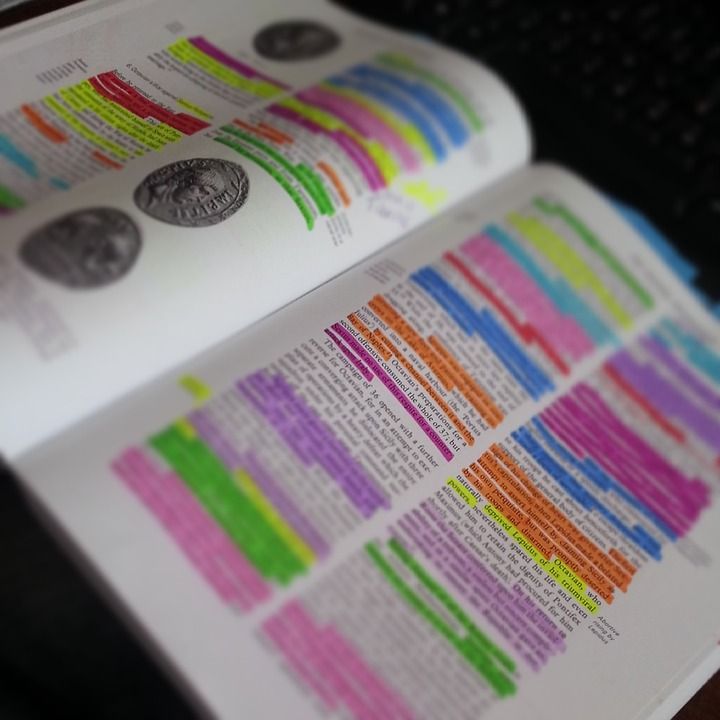Heavy workload linked to greater student wellbeing
A recent study has drawn a correlation between having a heavier workload and greater wellbeing among UK undergraduate students.
Over 14,000 UK undergraduates responded to a survey, and results showed that those who had a workload of 30-39 hours a week were more content with their course and showed fewer mental health problems.
This contrasted from students with a workload of one to nine hours a week who were more likely to want to select a different course and suffer from poorer mental wellbeing. The measure of workload included the number of contact hours, placements, and independent study students had per week.
Whilst course satisfaction was higher for those with a workload of 30-39 hours a week, this dropped off for students who had a workload of 40 hours or more.
Ifra Ali, a Warwick Psychology finalist, said: “I personally find the results surprising and quite general. Having a heavier workload means you have less time in your personal life, this could easily translate into less time for self-care and more issues in mental well-being.”
Two-thirds of respondents said that they were satisfied with their course and university that they had chosen, with 5% saying they would not enter higher education if they had a second chance. The 2018 Student Academic Experience Survey also showed that mental health among students is a serious concern, with students showing a “significant decline” in three out of four key measures for well-being.
Just 14% of the survey’s respondents reported having life satisfaction which was lower than 20-24 year olds generally, of whom 28% reported having life satisfaction.
Similarly, only 17% of the students who completed the survey said they were happy compared with 33% of the wider population for that age group.
Another pressing issue for the vast majority of students was value for money. Just 38% were willing to say they felt they were getting their money’s worth from their university. This was, however, an improvement on last year, when 35% said they were getting value from their £9,250 a year tuition fees.
Commenting on the relationship between a lighter workload and poorer mental health, Nick Hillman, director of the Higher Education Policy Institute, stated: “Things like student wellbeing become a problem when students feel helpless and directionless and they have lots of time to sit around worrying rather than getting on and engaging with their discipline.”
Yvonne Hawkins, director of teaching excellence and student experience at the Office for Students, said that when it came to value for money “significant numbers of students report not being satisfied with their higher education experience” and that “overall the results send a clear signal that there is more work to be done”.

Comments